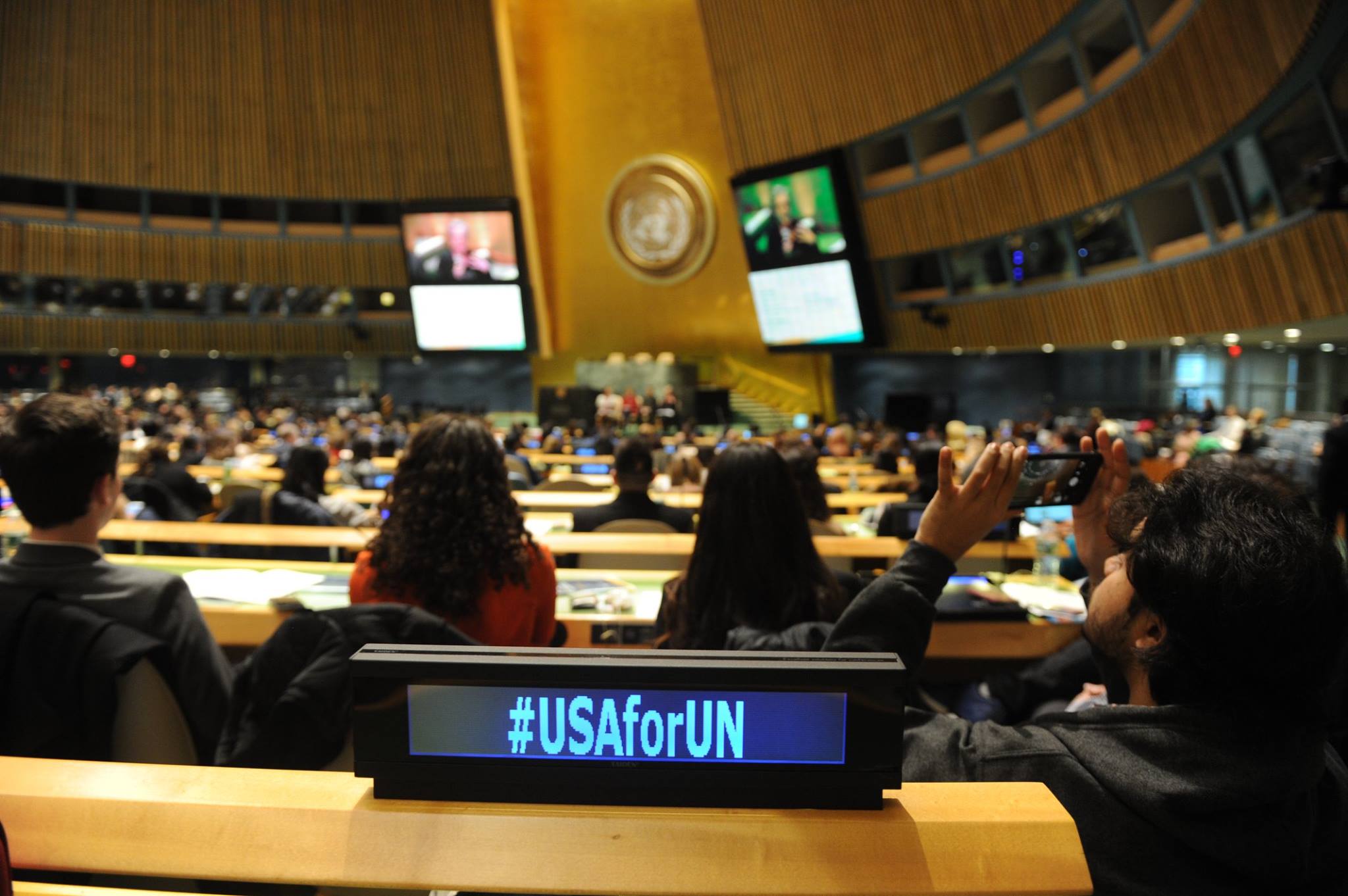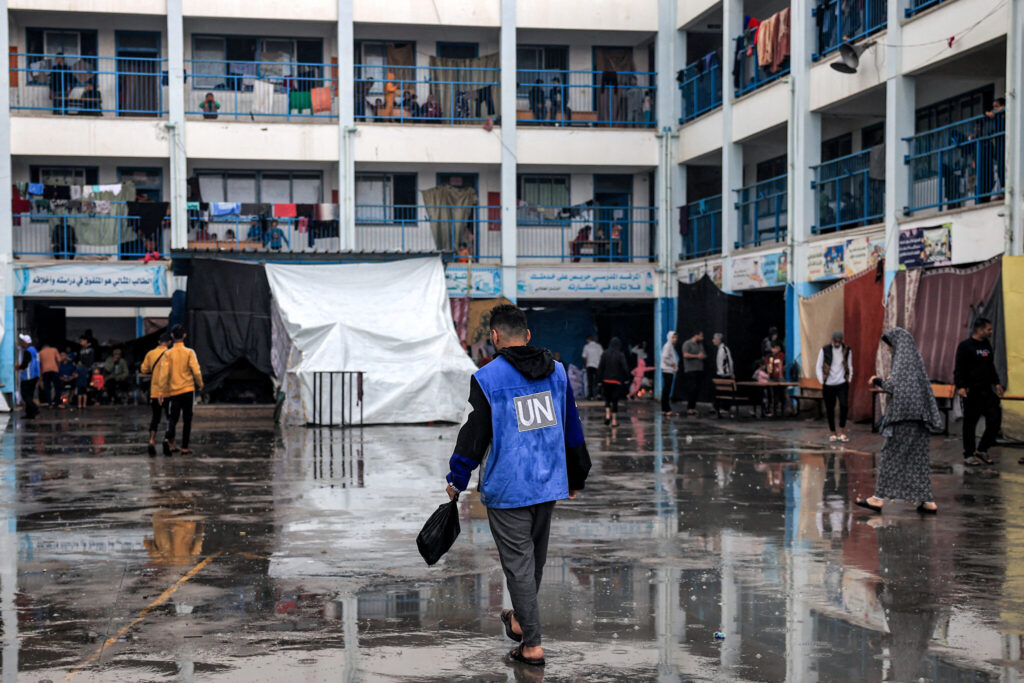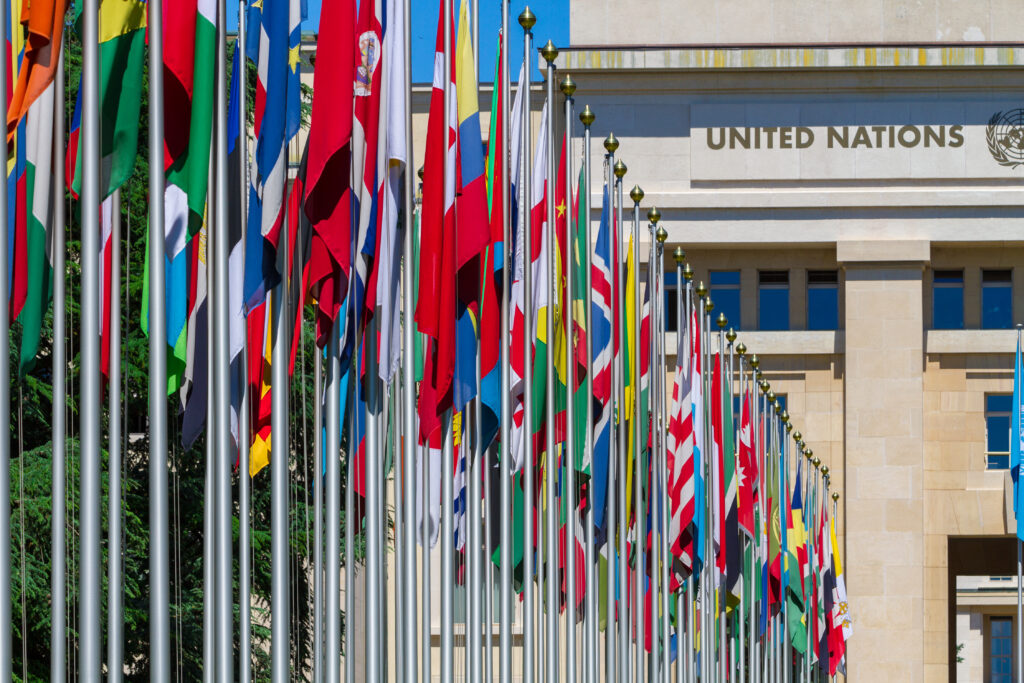By Peter Yeo
For the past 73 years, the United States and the United Nations have remained essential partners in resolving challenges around the world. As we approach the end of the year, it’s safe to say that 2018 was no different, with the U.S. and the UN collaborating in many important areas despite some challenges.
Thanks to the strong partnership between UN Secretary-General António Guterres and U.S. Ambassador to the UN Nikki Haley, the U.S. and the UN collaborated on several important initiatives and celebrated some successes.
SUCCESSES FOR SECURITY
One shared area of success was on reforming the UN to make it more efficient and effective in delivering for the world. Member States came together this spring to agree on an ambitious change agenda, supported by the U.S. We also saw meaningful reforms in peacekeeping operations, with the U.S. pledging its support for the Secretary-General’s “Action 4 Peacekeeping” initiative.
On the UN Peacekeeping front, we celebrated the successful closure of the mission in Liberia (UNMIL) – the third peacekeeping mission in West Africa to close in the last 15 years – that has achieved its mandate and left the country a more stable place. Peacekeeeping not only continues to be a successful tool; it’s cost-effective too. The U.S. Government Accountability Office proved once again, that Peacekeeping operations are actually eight times cheaper than U.S. forces going in alone.
In the Security Council, the U.S. used its influence to ratchet up sanctions against North Korea over its rapidly advancing nuclear program. The Council adopted a series of U.S.-backed resolutions targeting the central pillars of North Korea’s economy.
And the collaboration didn’t slow down this summer. The U.S. and the UN worked together to address the worsening humanitarian crisis in Venezuela, taking important steps to respond to the growing needs of the Venezuelan people through food, water, hygiene supplies, shelter, and education and career opportunities for Venezuelans who have fled to neighboring countries. The UN and U.S. have also worked to increase international pressure to end ongoing human rights violations.
We also saw the authorization of a U.S.-led arms embargo banning all countries from selling weapons to South Sudan until May 2019, a long-desired outcome that Ambassador Haley was able to make a reality.
BUDGET TENSIONS CONTINUE
But that doesn’t mean everything in 2018 was smooth sailing.
For the second year in a row, the administration proposed deep cuts to U.S. funding for international organizations, including the UN. While Congressional champions on both sides of the aisle stood up for the UN, rejecting attempts to defund key agencies, the U.S. fell deeper into arrears on its dues to the UN and UN Peacekeeping.
By 2019, the U.S. will owe nearly $750 million dollars in peacekeeping budget arrears; the difference between the assessed rate of 28% that the US agreed to in the past, and the 25% rate at which it currently pays.
Additionally, in 2018, we saw the U.S. withdraw from the UN Human Rights Council, eliminate our contributions to UNRWA, and threaten to leave the Universal Postal Union.
THE OUTLOOK FOR 2019
2019 will certainly bring new challenges, as multilateral agreements and organizations continue to be eyed by the administration.
Despite these obstacles, the Better World Campaign believes firmly in engagement. We believe that the U.S. and the world is better served when the U.S. has a seat at the table, and works through our partners and allies to achieve the changes we seek.
We will also start the year with a new U.S. Ambassador to the UN, if Heather Nauert is confirmed. We hope the new Ambassador will continue the productive relationship that Ambassador Haley forged with the Secretary-General.
Regardless, I’m encouraged by the work of grassroots advocates for global engagement. This year, more than 500 individuals came to Washington, D.C. for the UN Association of the USA’s (UNA-USA) annual leadership summit. They delivered a copy of the Universal Declaration of Human Rights, which just celebrated its 70th anniversary, to every single member of Congress.
Together, the Better World Campaign and UNA-USA’s grassroots advocates sent nearly 50,000 letters to Members of Congress. We’re seeing a surge of Americans across the country mobilizing in support of the UN.
This year, we also asked young Americans about their willingness to act on global issues and speak up for the UN: 92 percent confirmed they are ready to put in the work to make this world better a better place, and 71 percent believe the U.S. should continue to belong to the UN.
This is great news to share with 10 newly elected senators, and more than 100 newly elected representatives, who will make their way to Capitol Hill this January. Our goal for 2019 is to showcase what our advocates already know: That the mission of the UN, which was created and formed with American leadership, is vital to the world as well as to the U.S.




